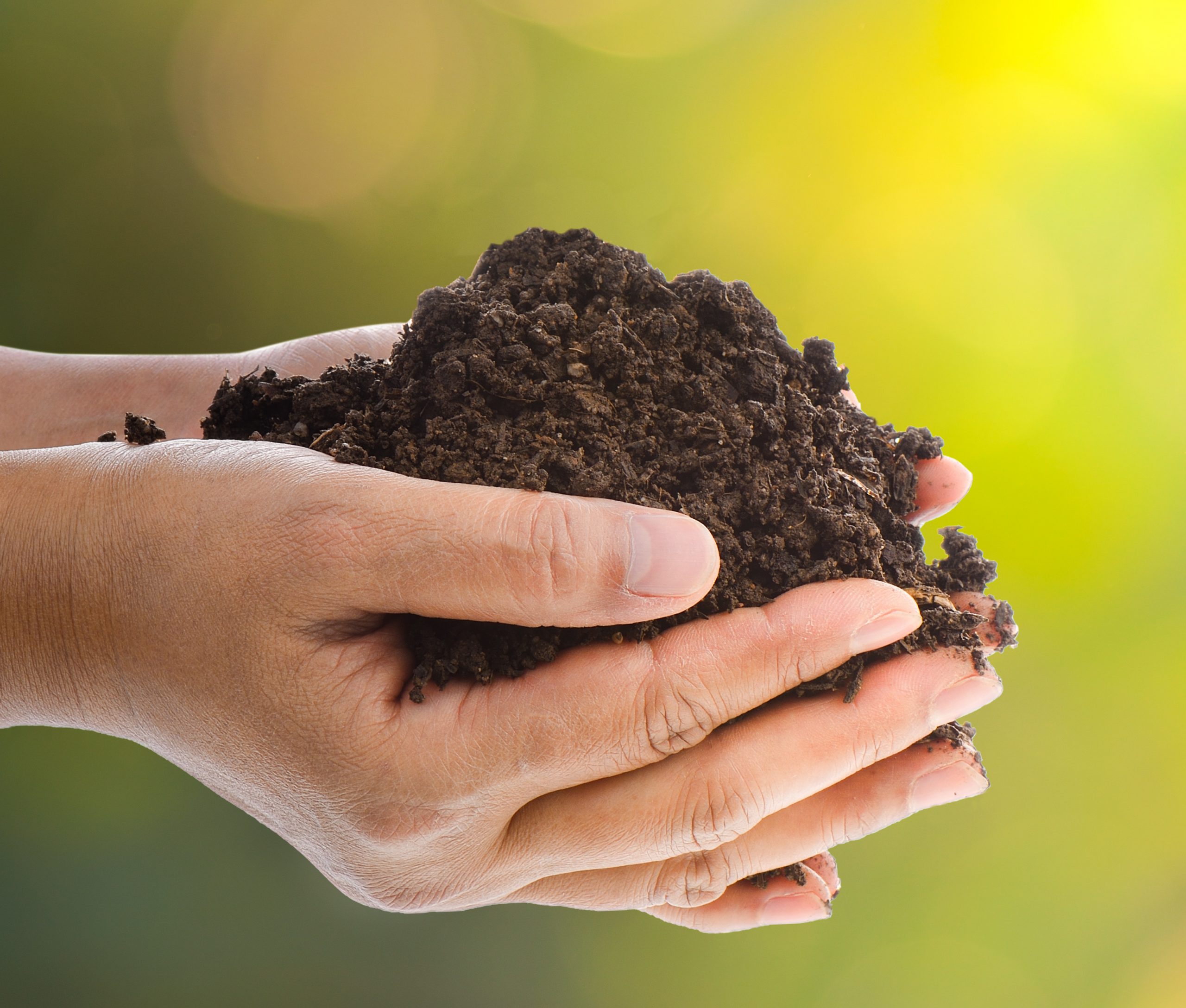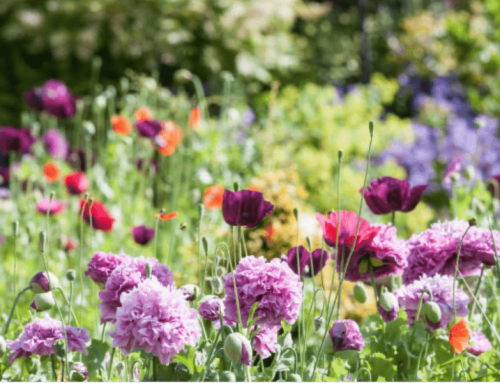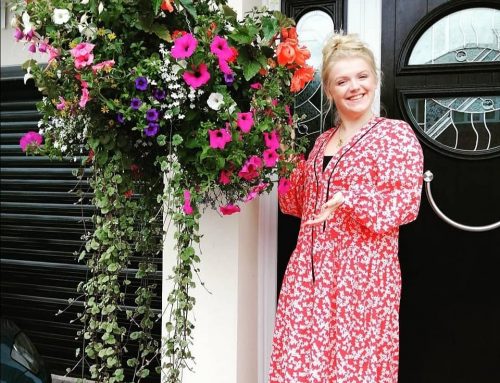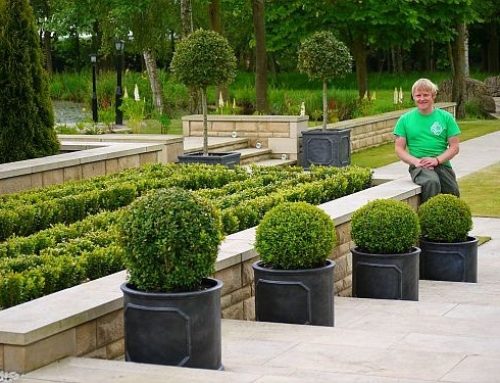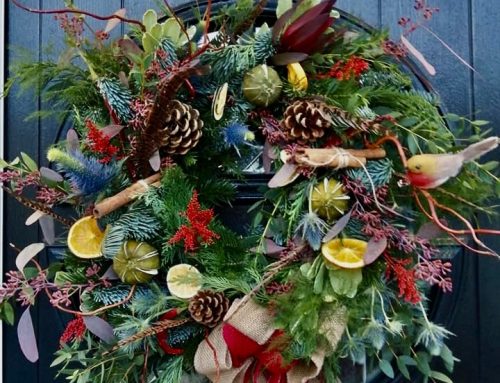Whether you are growing your vegetables, fruit, making garden beds, hanging baskets, or potting up flowers, Green Onion Landscaping can advise you on which soil or compost you will need for the job.
Specialist compost – Specialist compost ensures that your plants receive an ideal blend of compost, loam, and nutrients for the best results, for example, ericaceous compost is great for acid-loving plants like Rhododendrons and Camellias.
Specialist container and hanging basket compost – This contains nutrients that promote longer-lasting flowers and would you believe requires less watering, that is compared to your standard multi-purpose compost, which you would find yourself having to water each day! All of Green Onion Landscaping’s hanging baskets are planted up using specialist hanging basket compost. Check out our range of stunning Summer and Winter hanging baskets.
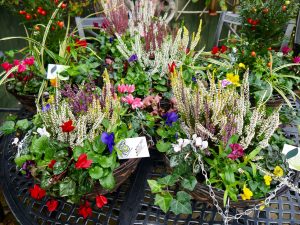
Multi-purpose compost – As the name suggests this compost is suitable for a wide range of uses. Great for seed sowing, vegetable growing, cuttings, and potting-on, also fantastic for container plants and hanging baskets.
Soil improvers – Improve the quality of your soil with soil enhancers.
Manure – Provides a 100% organic and peat-free way in which to add fertility to your garden and improve your crops. Manure enriches tired garden soil and most importantly is a natural source of organic matter. Why not visit your local farm and see if you can collect some cheap or free manure to enhance your garden soil.
Topsoil – This is something that can also be used to bulk out your existing garden’s soil, borders, beds, or containers. Green Onion Landscaping use topsoil as a base when laying a newly turfed lawn.
Peat free compost – This can enhance drainage and help to evenly distribute water throughout your soil. These types of compost are ideal for use in beds and containers.
Bark – This is not only decorative and environmentally friendly it can also provide an ideal mulch for borders, it retains moisture and suppresses weeds if used with a weed control fabric.
Sand and grit – Grit can be used whilst potting plants. It is used to add structure to the soil, aiding drainage which is very useful in heavy soils. Horticultural sand should be mixed with compost when sowing seeds; this aids when transplanting seedlings. It can also be used for dressing the tops of lawns.
Grow bags – If you don’t have a raised vegetable bed built it doesn’t matter, everything you need to grow your produce is supplied in these cleverly designed grow bags ..You can grow your vegetables or fruit, grow bags are amazing! Each grow bag contains a carefully balanced amount of soil which has been enhanced with all the nutrients needed to enable you to grow your delicious produce.
Creating a raised bed
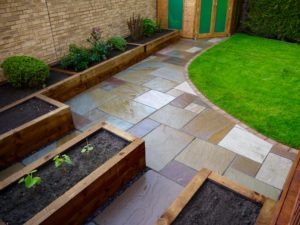
Fill the raised bed with soil and enrich the soil using one of the manures mentioned above. Add some topsoil and grit to improve your soil structure and to help with drainage. The benefits of a raised bed are numerous: The soil in raised beds warms up much quicker in Spring, this allows earlier planting. Raised beds are easier to keep weed and pest free. Raised beds help excess water drain away quickly. Frames for covers are easy and inexpensive to make for raised beds. The ground (grow bag) is less likely to become compact as you do not need to keep walking across it. The roots of the vegetables and fruit are able to grow further and more efficiently as the soil can hold more water and air when people do not keep treading on it. Hopefully, we’ve made choosing which soil or compost easier for you. Green Onion Landscaping has a page that is dedicated to raised hay beds which is another way in which you can easily grow your own fruit and vegetables. Take a look at this here.


